128Gb Blu-ray XL Specification finalised
The next monster disc is just around the corner but possibly bad news for PC users who have upgraded their machine with a blu-ray writer. The Blu-ray Disc Association have now published the final specifications for the new BDXL standard.
The new discs will come as either triple-layer 100Gb re-writable, write-once or whopping 128Gb quad-layer write-once discs.
In their press release, published today on Engadget, they state...
"The BDA worked diligently to create an extension of the Blu-ray Discâ„¢ format that leverages the physical structure of the design of the disc to create even more storage capacity," said Victor Matsuda, Blu-ray Disc Association Global Promotions Committee chair. "By using the existing Blu-rayâ„¢ technologies, we have created a long-term and stable solution for archiving large amounts of sensitive data, video and graphic images. We expect further growth of the Blu-ray Discâ„¢ market as the introduction of 100GB/128GB discs will expand the application of Blu-ray Discâ„¢ technologies."
The sad news is that this enormous storage, enough for even the largest photo or music library on a single disc, will not work with existing drives, so we'd all better start saving up for the new drives.
This does call into question the validity of any optical disc backup solution for Macs and PCs as technology is moving so quickly now in this area, and the prices of external hard disks and SSDs now falling so rapidly, that there's a real danger BDXL might not be picked up at all by the bulk of users who will either fear that it will simply be obsolete before it's paid for itself, or that other solutions might work out more cost-effective for them.
It's definitely a push further in HD video and 3D markets though and we ought to expect so see the first players supporting the new standard appearing on the high street in a year or two.
Advertisement
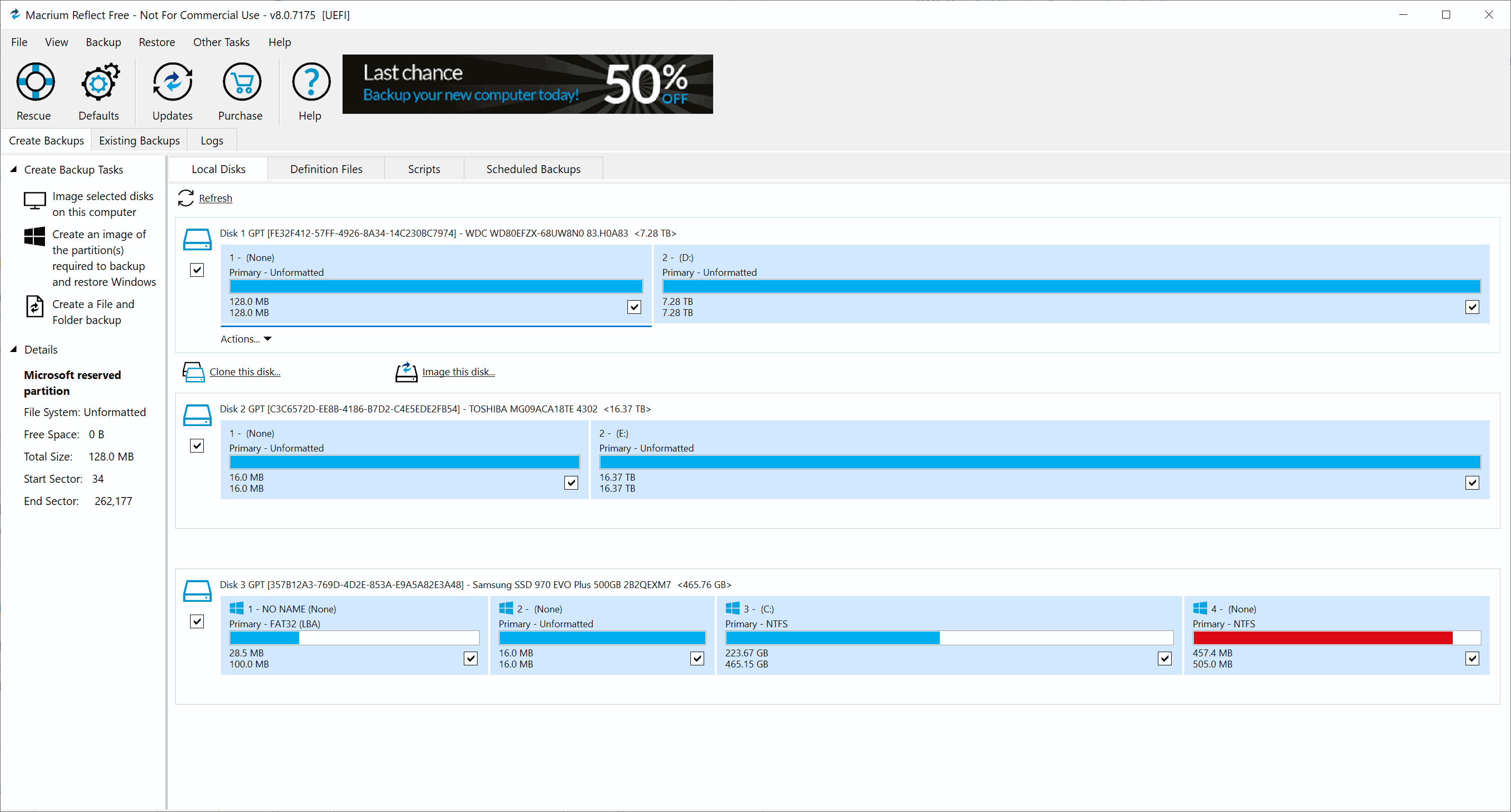
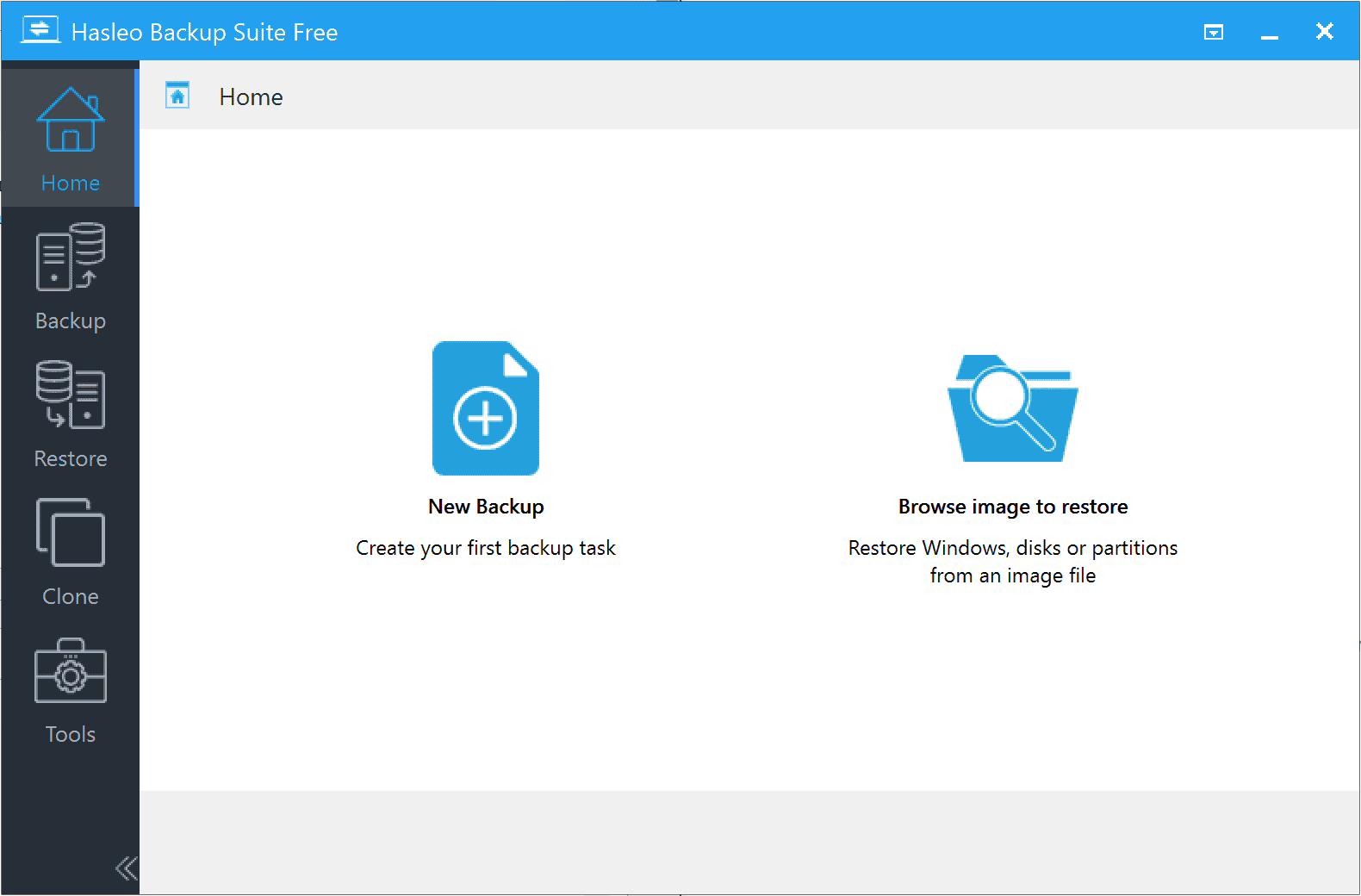
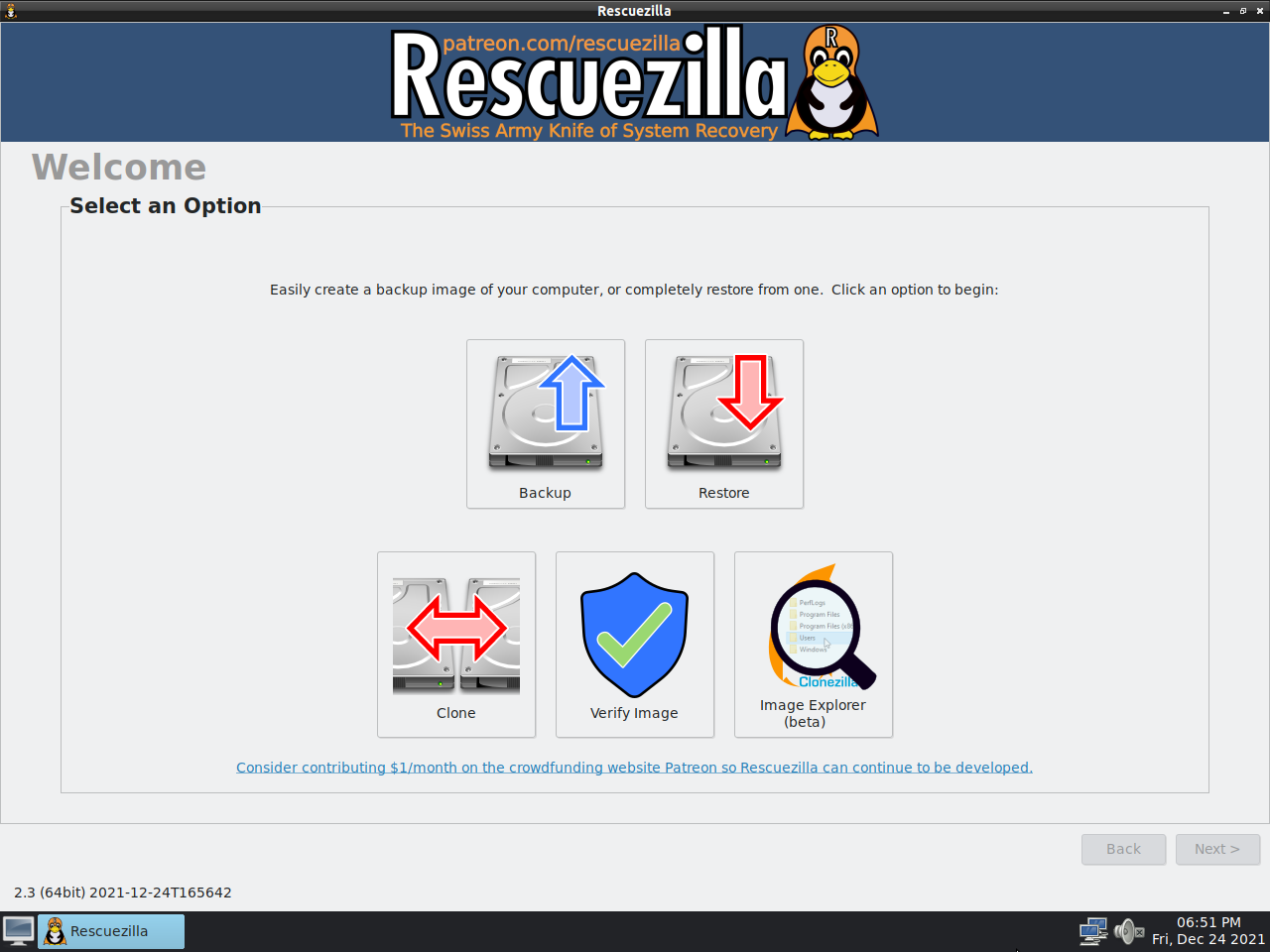
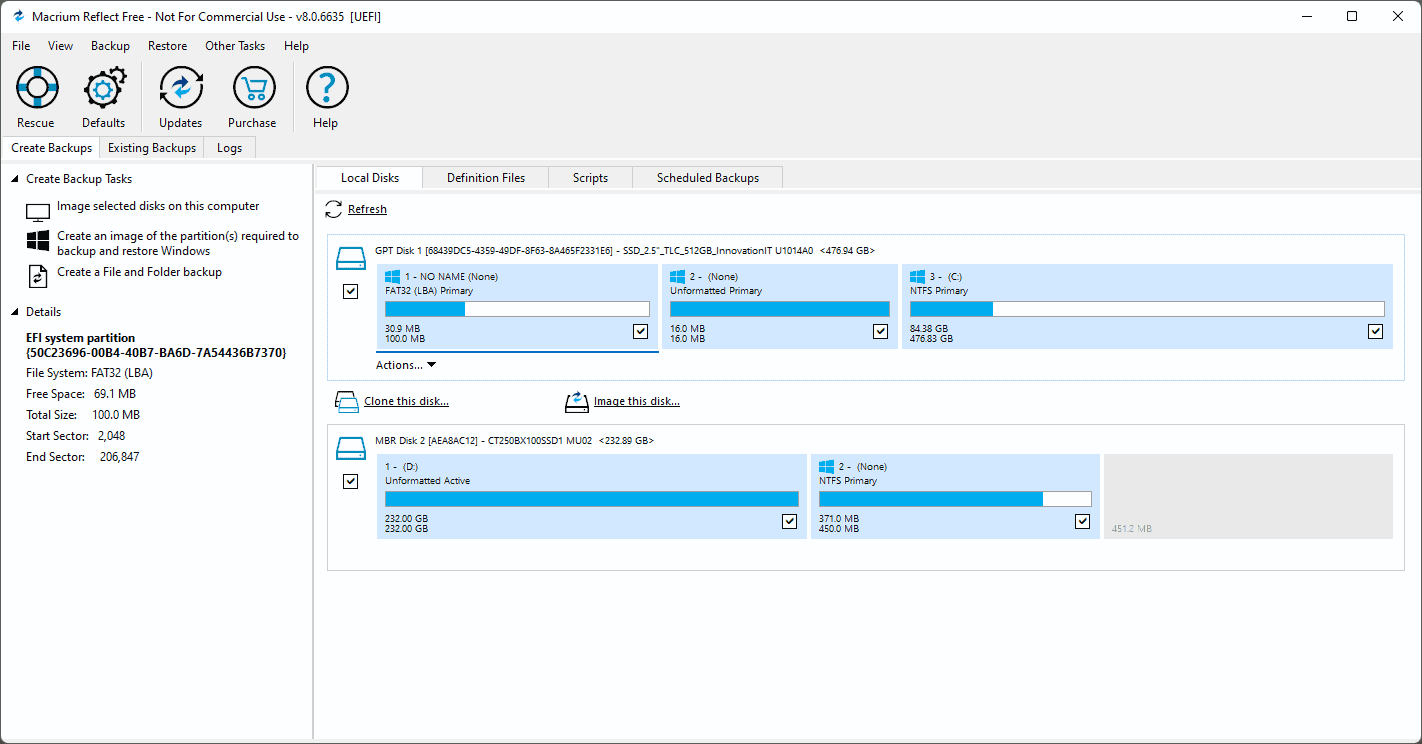
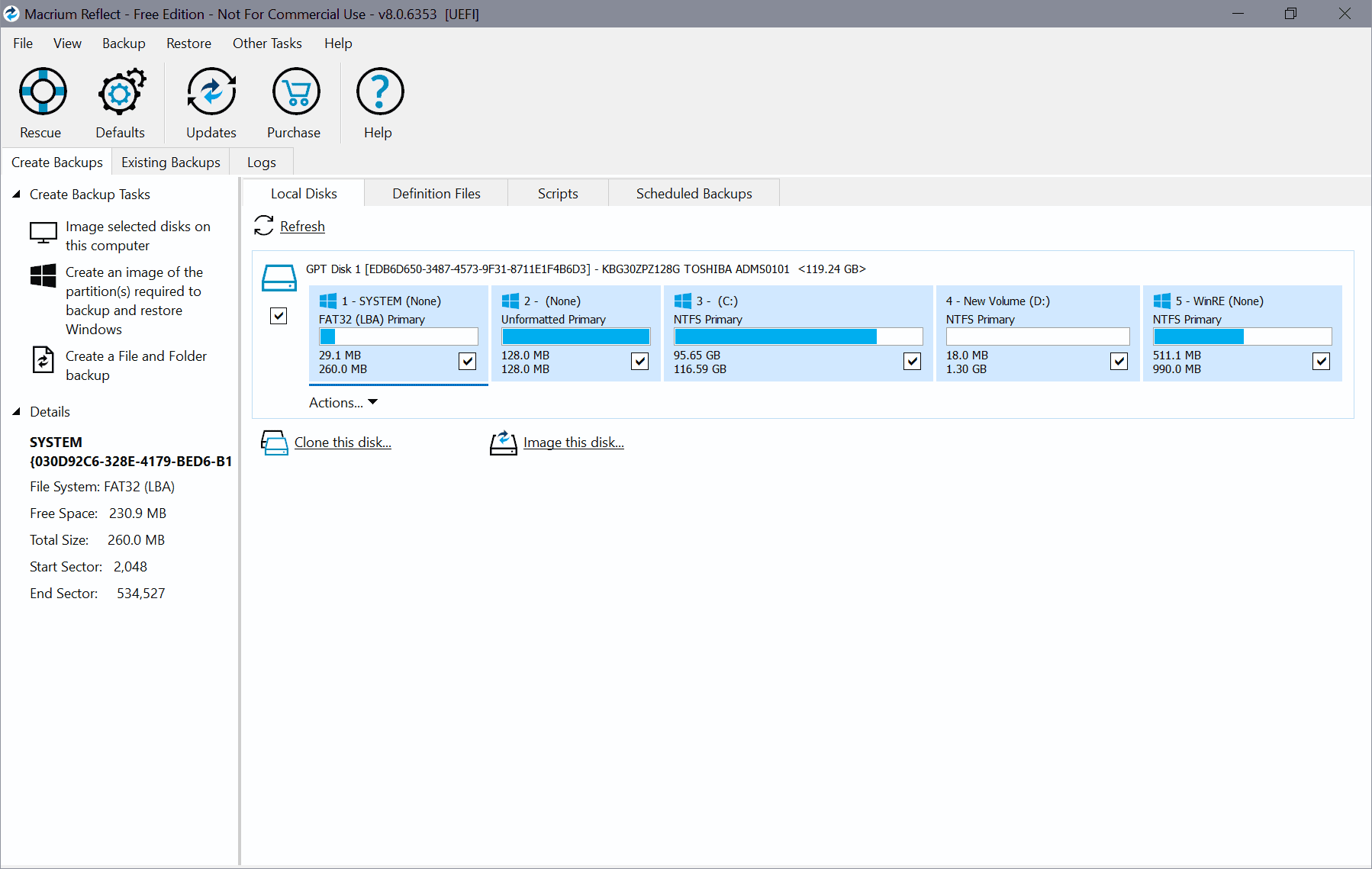
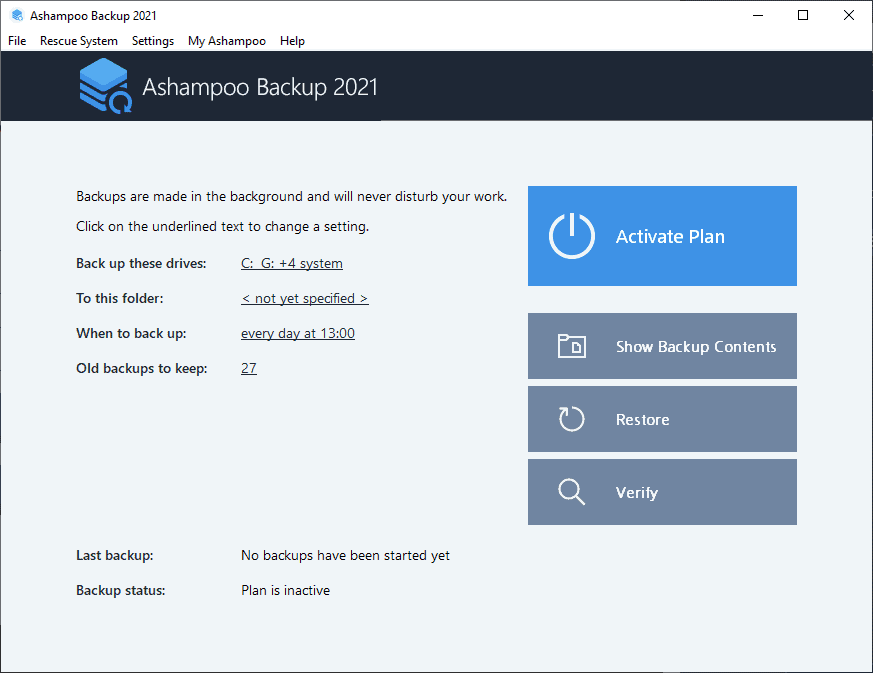
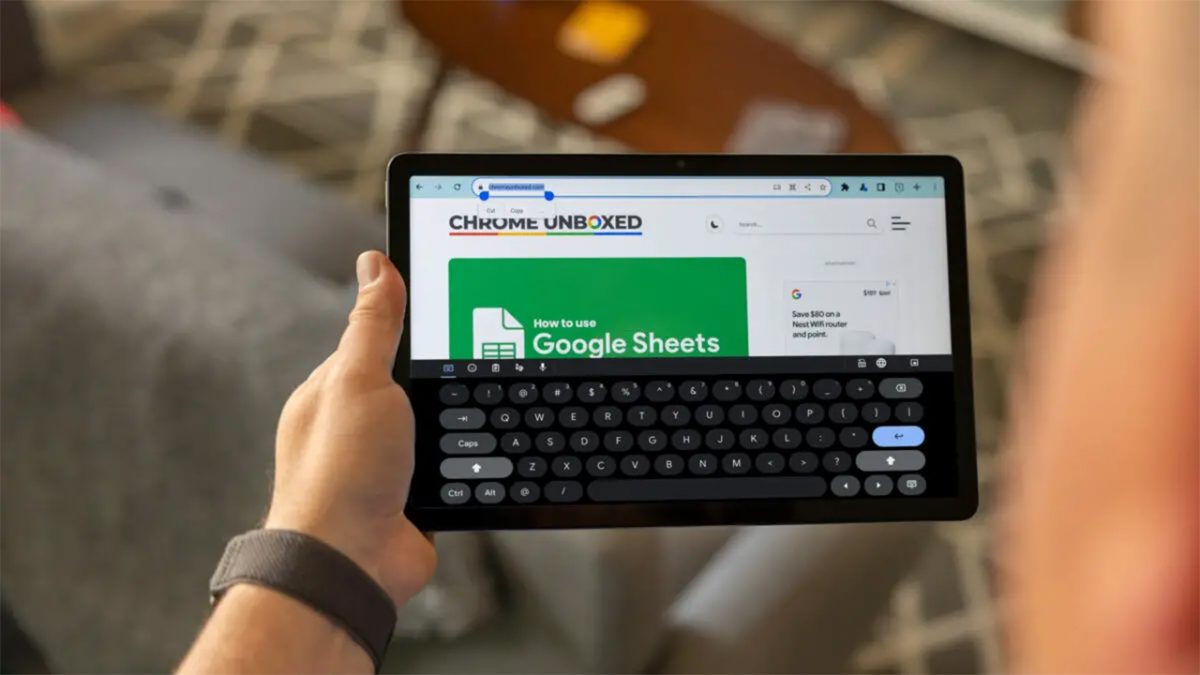
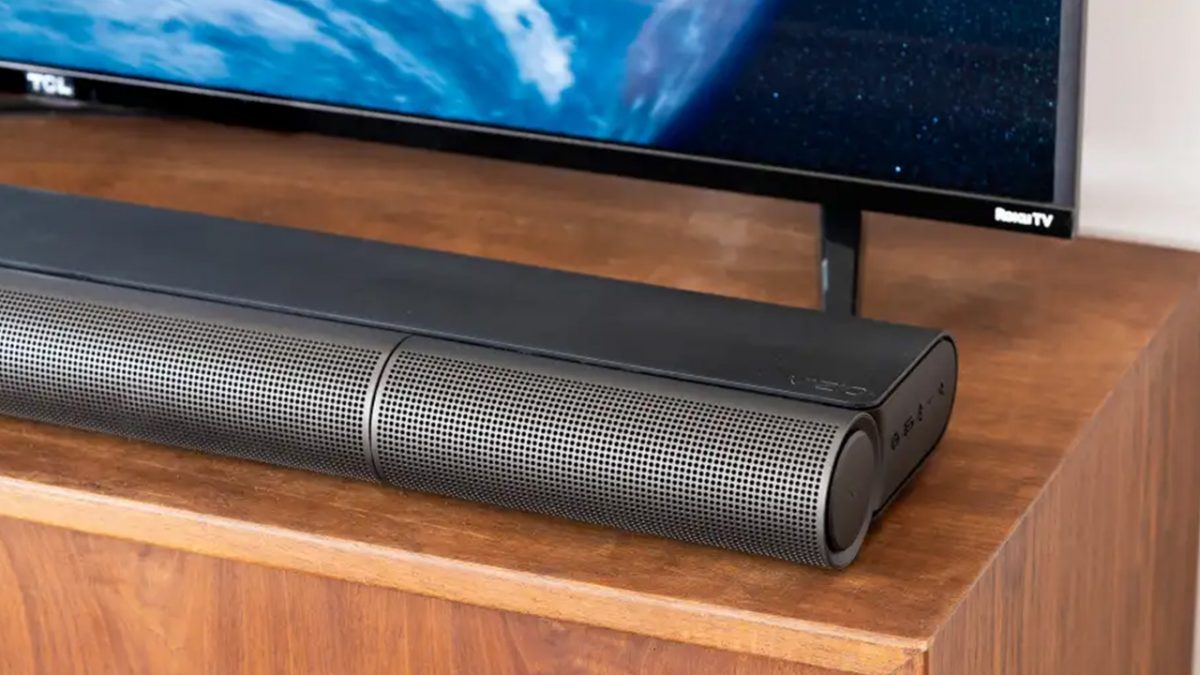
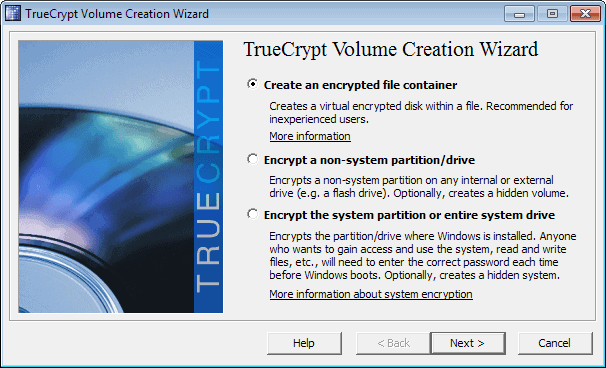
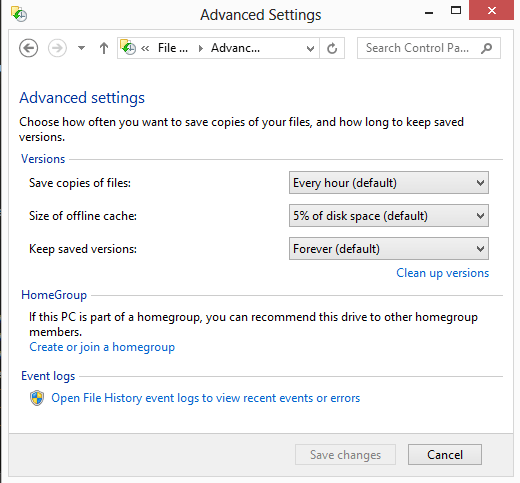










Too bad it’s Sony. Would like to see an open standard. This will mean prices will be outrageous and the discs proprietary. I skipped the current Blu Ray standard for this reason.
I am curious to see what write speeds will be on the rewritables as backing up to an optical disc could be a decent option.
Sorry for double post, but I have just corrected my spelling: That is an ignorant comment. Blu Ray is not a Sony Technology, and never was. If you do some research you will find out the truth and it is an amazing technology. So far other HD video options are nowhere in in the Blu Ray league and it will take years for hard drives to offer enough space for a sizeable hd library of films that are equivalent to the blu ray quality. A Blu Ray film is typically on a 50gb disc, so you will not be able to fit that may on even the largeat of the hard drives currently available. Not that it would matter for the Youtube generation who seem to forget that many streaming services mislead consumers by claiming they offer hd content, but really only offer the lowest end of hd. True cine buffs will love blu ray and you can load up your crummy youtube hd videos on a hard drive